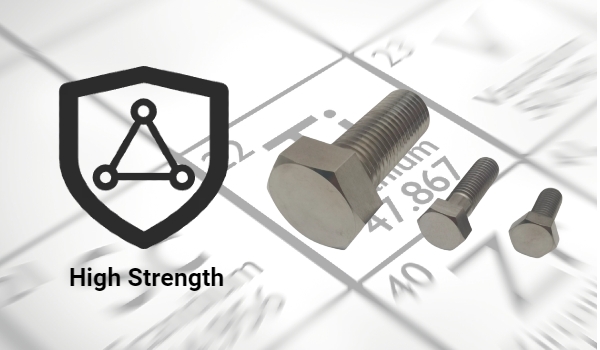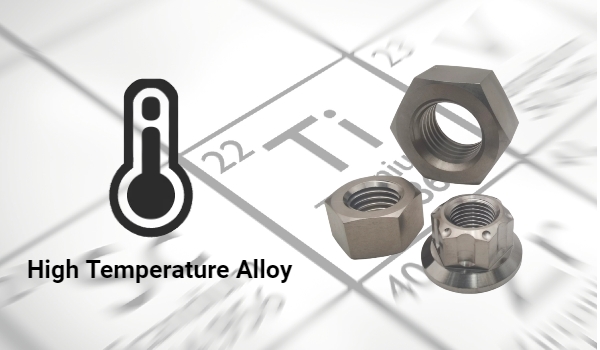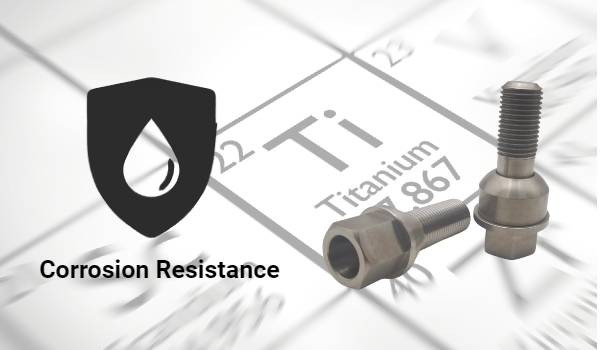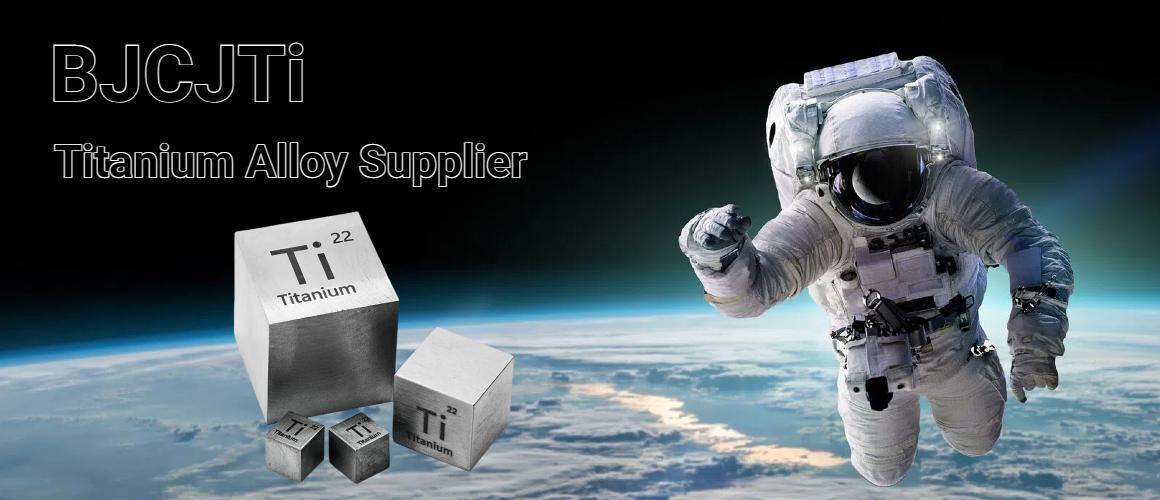
Titanium alloy is a variety of alloy metals made of titanium and other metals. Titanium alloy is an important structural metal developed in the 1950s. Titanium alloy has high strength, good corrosion resistance and high heat resistance. In the 1950s and 1960s, the main focus was on the development of high-temperature titanium alloys for aircraft engines and structural titanium alloys for fuselages.
In the 1970s, a batch of corrosion-resistant titanium alloys were developed. Since the 1980s, corrosion-resistant titanium alloys and high-strength titanium alloys have been further developed. Titanium alloys are mainly used to make aircraft engine compressor parts, followed by rockets, missiles and high-speed aircraft structural parts.
In the 21st century, with the improvement of titanium alloy manufacturing level and the development and expansion of the titanium alloy market, titanium alloy materials mainly based on Gr5 (Ti-6Al-4V) have been widely promoted and applied in industrial and civilian fields.
Titanium is a new type of metal. The properties of titanium are related to the content of impurities such as carbon, nitrogen, hydrogen, and oxygen. The purest titanium iodide has an impurity content of no more than 0.1%, but its strength is low and its plasticity is high. The properties of 99.5% industrial pure titanium are:
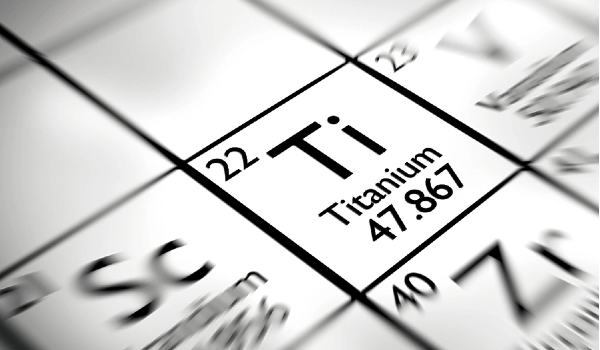 | density ρ=4.5g/cm3 melting point 1725°C thermal conductivity λ=15.24W/(m.K) tensile strength σb=539MPa elongation δ=25% cross-sectional shrinkage The rate ψ=25% the elastic modulus E=1.078×105MPa the hardness HB195 |
Ti-6Al-4V
The first practical titanium alloy was the Ti-6Al-4V alloy developed in the United States in 1954. It has become the ace alloy in the titanium alloy industry due to its good heat resistance, strength, plasticity, toughness, formability, weldability and corrosion resistance. The use of this alloy has accounted for 75% to 85% of all titanium alloys. Many other titanium alloys can be regarded as modifications of Ti-6Al-4V alloy.
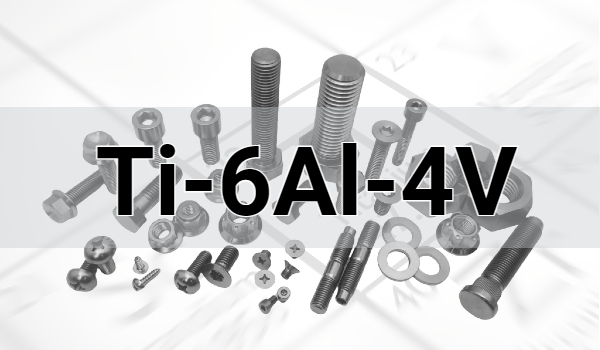 | density ρ=4.5g/cm3 melting point = 1670°C thermal conductivity λ=7.955W/(m.K) tensile strength σb=1.012GPa elongation δ = 10% cross-sectional shrinkage The rate ψ = 25% the elastic modulus E=110GPa the hardness = HRC30 |
| High strength The density of titanium alloy is generally around 4.51g/cm³, which is only 60% of that of steel. Some high-strength titanium alloys exceed the strength of many alloy structural steels. Therefore, the specific strength (strength/density) of titanium alloy is much greater than that of other metal structural materials, and parts with high unit strength, good rigidity and light weight can be made. Aircraft engine components, frames, skins, fasteners and landing gear all use titanium alloys. |
High temperature resistance The operating temperature of titanium alloy is several hundred degrees higher than that of aluminum alloy. It can still maintain the required strength at medium temperature, can work for a long time at 450-500℃, and still has high specific strength in the range of 150℃-500℃, while the specific strength of aluminum alloy drops significantly at 150℃. The working temperature of titanium alloy can reach 500℃, while that of aluminum alloy is below 200℃. |
|
| Corrosion resistance Titanium alloys work in humid atmospheres and seawater media, and their corrosion resistance is far superior to that of stainless steel. They are particularly resistant to pitting corrosion, acid corrosion, and stress corrosion. They have excellent corrosion resistance to alkalis, chlorides, chlorine-containing organic substances, nitric acid, sulfuric acid, etc. |

